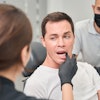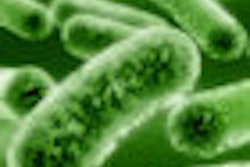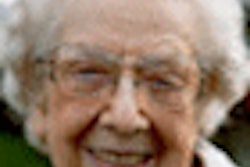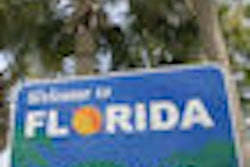
NEW YORK (Reuters Health), Jun 9 - Brushing one's teeth is nearly as likely as removing a tooth to temporarily cause bacteria to enter the bloodstream, according to a report in the journal Circulation. This finding is concerning because bacteria in the blood can lead to a rare but potentially serious heart problem called infective endocarditis, the infection of the heart valves and chambers.
The risk of infective endocarditis with toothbrushing relative to dental procedures is unknown, Dr. Peter B. Lockhart, from Carolinas Medical Center in Charlotte, NC, and colleagues note. Although tooth removal is among the most likely of dental procedures to cause bacteria to enter the blood, toothbrushing can disrupt a larger amount of gum tissue.
To investigate these effects, Lockhart's group randomly assigned 290 patients scheduled for tooth extraction to toothbrushing followed by tooth extraction; tooth extraction with an antibiotic given beforehand; and tooth extraction with inactive "placebo" beforehand. None of the patients required antibiotics to prevent infection based on current guidelines.
Blood samples were drawn prior to toothbrushing or tooth extraction, then at 1.5, 5, 20, 40, and 60 minutes after the beginning of the procedures. Blood samples were cultured for bacteria.
Of 98 types of bacteria found in the blood samples, 32 were considered to be potential causes of infective endocarditis. One or more of these 32 microbes were found in 23% of patients in the toothbrushing group, 33% of those in the extraction/antibiotic group, and 60% of those in the extraction-placebo group.
At the 60-minute blood draw, 5% of the extraction-placebo group and 2% of the brushing group still had potentially disease-causing bacteria in their blood.
These findings suggest that brushing poses a risk for bacteria in the blood similar to that of a dental extraction, the authors note, and that antibiotic treatment beforehand is only partially effective in preventing this.
Source: Circulation, June 17, 2008.
Last Updated: 2008-06-09 17:07:48 -0400 (Reuters Health)
Copyright © 2008 Reuters Limited. All rights reserved. Republication or redistribution of Reuters content, including by framing or similar means, is expressly prohibited without the prior written consent of Reuters. Reuters shall not be liable for any errors or delays in the content, or for any actions taken in reliance thereon. Reuters and the Reuters sphere logo are registered trademarks and trademarks of the Reuters group of companies around the world.



















